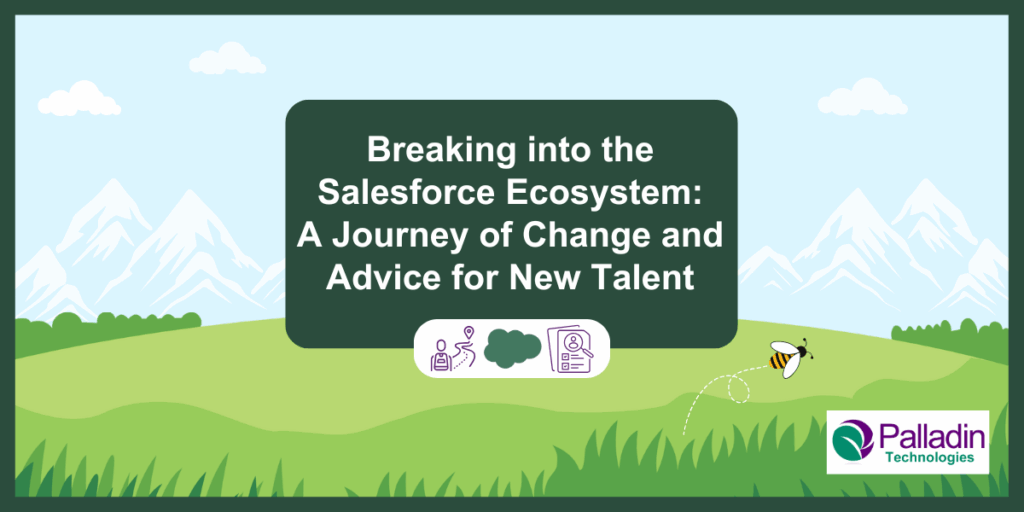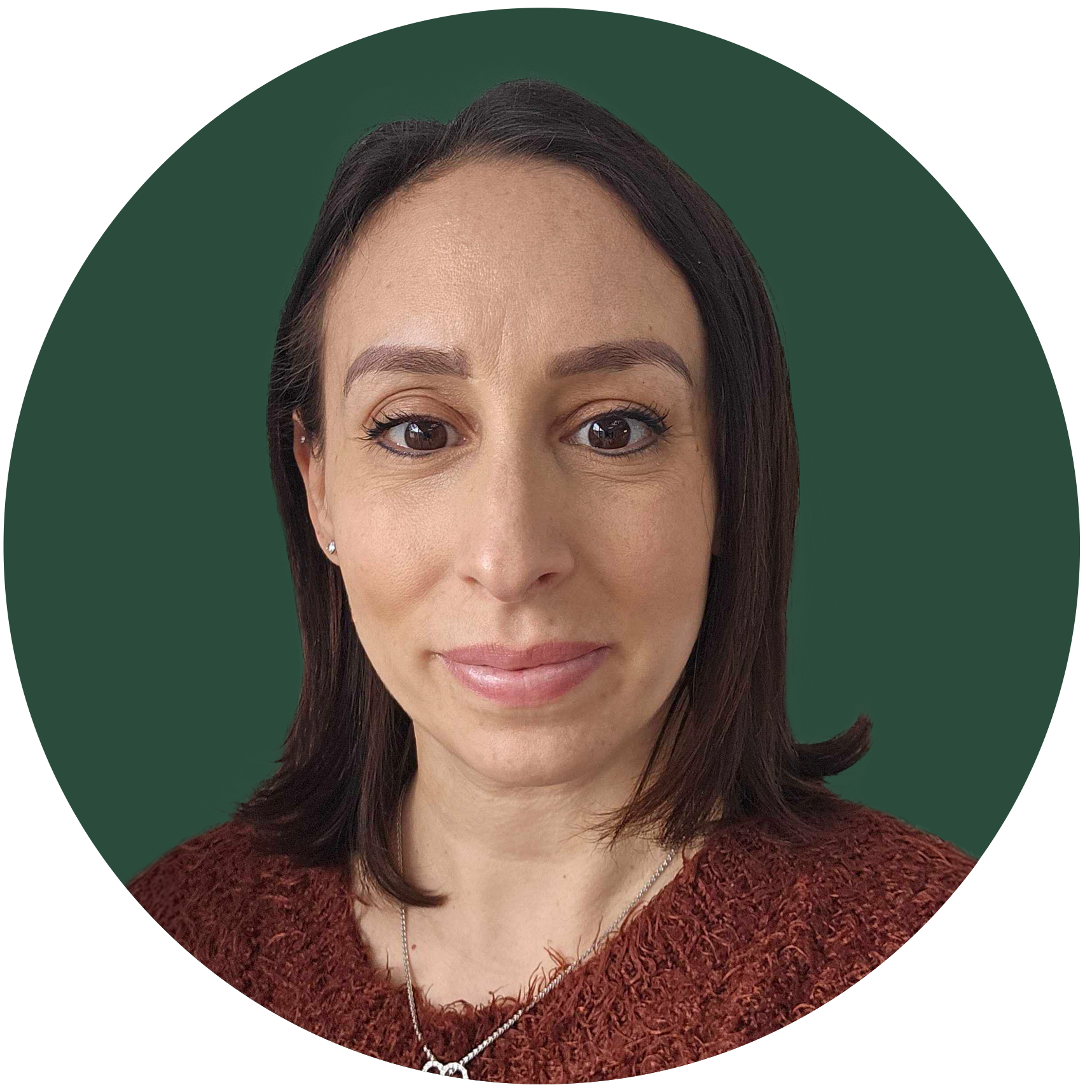Throughout my career, I’ve focused on talent acquisition within the professional services domain. By chance, I discovered the Salesforce ecosystem in the summer of 2017. At the time, I knew very little about it, having only previously recruited for professional services consultants but after reading the exciting case studies on Salesforce’s website, I jumped at the opportunity to work for an implementation partner, and I haven’t looked back since.
Over the years, I have witnessed a tremendous amount of change in the ecosystem. Major acquisitions like MuleSoft (2018), Tableau (2019), Vlocity (2020) and Slack (2021) have reshaped the landscape, alongside strategic shifts that now place a focus on artificial intelligence and the rise of Agentforce. It really is an exciting industry, full of opportunities for learning, growth, and innovation.
However, what does all this mean for hiring, and for securing a role in what has become a highly competitive and constantly evolving landscape? Having recruited across all levels, from associate consultants to senior directors within the Ohana, one common theme continues to surface: the talent market is saturated. For anyone trying to land a new role, it can be a daunting task.
I’m particularly passionate about introducing new talent into the ecosystem. Fresh minds, diverse backgrounds, and different ways of thinking are essential to keeping Salesforce dynamic and forward-looking. Yet, I often hear the same sentiment: “No one will give me a chance because I don’t have hands-on experience.”
This mindset needs to change. While graduate schemes are an excellent entry point for some, they leave behind a large pool of untapped potential. So, how do you stand out and get noticed for the right reasons?
Here are some tried-and-tested recommendations I often share with aspiring Salesforce professionals:
1. Build a Strong Personal Brand
How you present yourself online and on your resume can determine whether you get a foot in the door. Think of it as your personal shopfront, employers browse it before deciding whether to explore further.
If you don’t yet have Salesforce-specific experience, focus on your transferable skills from other technologies and industries. Many successful Salesforce professionals started in fields like Java or traditional IT before pivoting into the ecosystem. At Palladin, for instance, we specialise in telecommunications and media and candidates who highlight their experience in related industries immediately stand out.
In addition to industry expertise, showcasing Salesforce certifications and relevant achievements can boost your profile.
2. Certifications vs. Hands-On Experience: Striking the Balance
Earning a Salesforce certification is a significant accomplishment, but employers often prioritize hands-on experience over theoretical knowledge. This can feel like a classic “catch 22” dilemma for those new to the ecosystem.
To overcome this, consider:
- Volunteering for nonprofits to gain real-world Salesforce admin or development experience.
- Exploring adjacent platforms like HubSpot or ServiceNow to build a broader CRM and tech skill set. These experiences not only make you more marketable but also create multiple career pathways for the future.
3. Find a Mentor and Tap Into the Community
Mentorship can make all the difference. Salesforce Workforce Partners deliver training programs around the world, often paired with access to mentors who have deep industry networks.
Getting involved in programs or even local Salesforce user groups can help you:
- Build your confidence
- Find volunteer projects
- Gain insider knowledge on how to navigate your job search
Doors will open in places you may not have even known existed.
4. Perfect Your Resume and Outreach Strategy
Recruiters sift through countless applications daily, so standing out is critical. Focus on:
- Summarizing roles and highlighting achievements (rather than simply listing responsibilities).
- Using metrics to quantify your impact whenever possible.
Similarly, intentional outreach is far more effective than blanket applications. Focus on a specific industry or Salesforce solution that aligns with your experience or passion. Reach out directly to hiring managers and team members. Use alumni networks, user groups, and referrals to make your approach personal and meaningful.
Final Thoughts
With the rise of AI and Agentforce, the hiring landscape is evolving rapidly, making it even more challenging to secure roles in the Salesforce ecosystem.
Be strategic and be intentional. Hands-on experience is more crucial than ever, and networking thoughtfully can open doors you never expected. I am personally really excited about what the future holds for us and with the right support and mindset you will have a bright future ahead in this incredible ecosystem.
Learn More About Partnering With Us!
Talent Acquisition Manager
Natasha Phillips brings over a decade of experience in recruitment within professional services and technology consulting industries. Her expertise includes full-cycle recruitment management, data-driven talent acquisition strategy, and candidate experience optimization. Prior to joining Palladin, she served as Talent Acquisition Manager at Slalom, where she managed hiring for the Salesforce practice and led the UK & Ireland Candidate Experience Project, implementing engagement enhancements and process improvements. She also held roles such as Recruiting Manager, EMEA at Wipro, overseeing Salesforce practice hiring across Europe, and senior recruiting roles at KPMG and Deloitte. Her diverse skill set includes event coordination, graduate recruitment, assessment processes, and process optimization, making her a valuable asset to the Palladin team.

